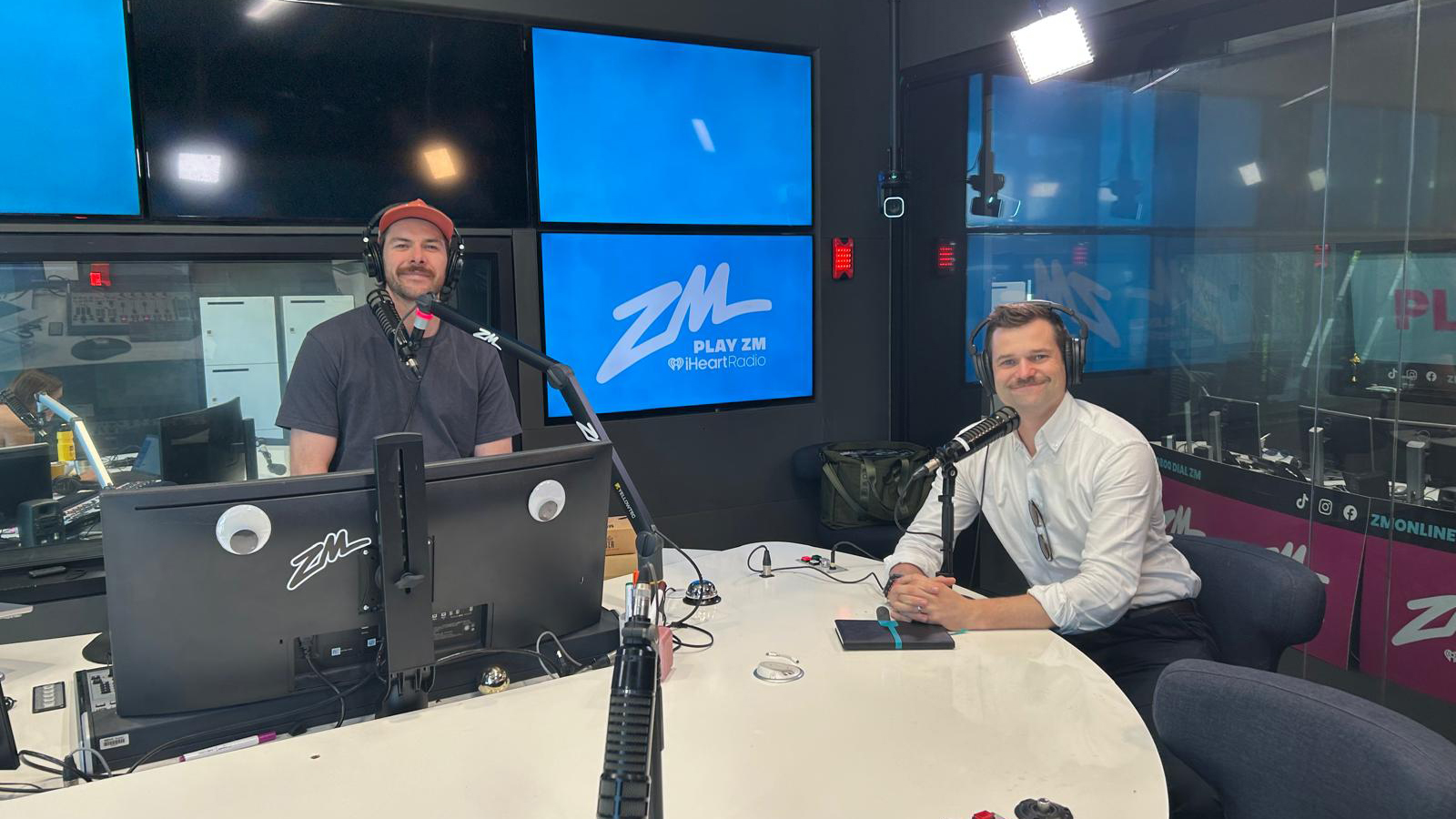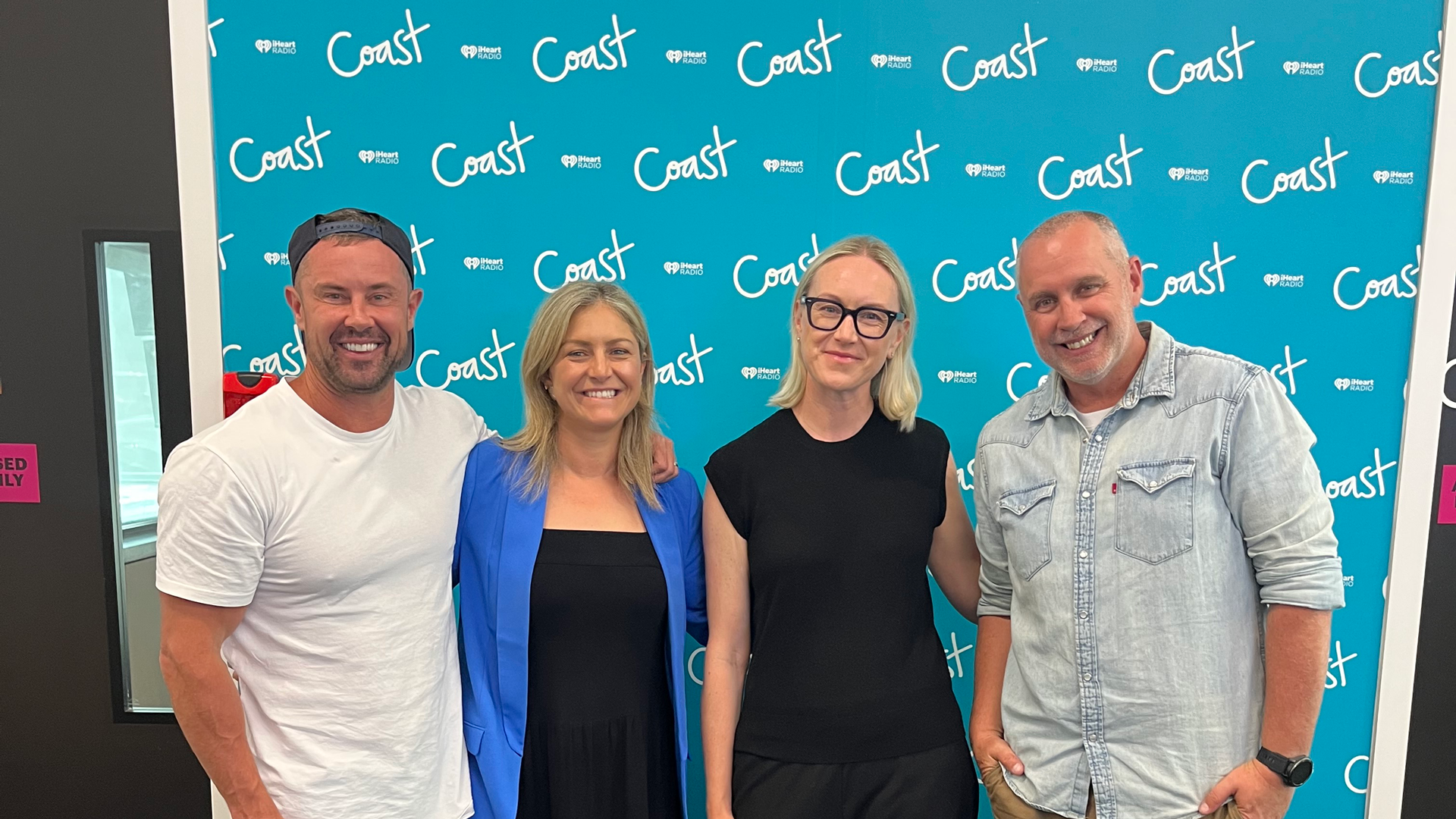Tom Monti, Senior Investment Manager in Milford’s Private Markets team, discusses the benefits of Private Asset investing for investors and the economy, and explains why Milford has been an active investor in Private Assets for the past 15 years.
Listen.
Click here to download the MP3 file or listen to the podcast on your favourite platform:
Read.
Bridge talks Business: 21 January 2025
Episode Transcript
Ryan Bridge
Kia ora. I’m Ryan Bridge and welcome to Episode 17 of Bridge Talks Business with Milford. It is a brand new year and we have a new US President. We’ll look at what waves that’s been causing stocks shortly.
For our feature interview today, what is the difference between public and private markets and how do investors leverage both of those things? We have Milford’s Tom Monti in the hot seat. He’s a Senior Investment Manager in Milford’s private markets team – but before all of that, here’s your top five business bits from the past week.
1. A choppy start to 2025 for markets but shares have so far managed to eke out gains, with rallies across most regions.
2. It’s been a tough start for bonds as well, with expectations of sticky US inflation weighing on bond prices, particularly those longer-dated bonds.
3. All eyes are on the US with the inauguration of Trump’s second presidency expected to herald a whole raft of new policies, and they could have implications for shares, bonds and currency markets.
4. Investors also focused on global companies. They’re reporting their quarter four earnings from last year. It’s all happening in the next couple of weeks.
5. Here in New Zealand, it’s been somewhat quiet for stocks, with local markets not usually waking up until after the Waitangi Day holiday, and into the February 19 RBNZ meeting where a half a percent cut is still expected.
All right, it is time for our feature interview. This week we’re tackling private equities. What exactly are they? How do they work? And how can they benefit investors? We’ll look at that in a minute. Just a note that this segment is informational only and should not be considered financial advice. I’m delighted to have on the show today, all the way from Sydney, Tom Monti, who’s with Milford’s Private Markets team. Tom, welcome to the show.
Tom Monti
Thank you. Great to meet you.
Ryan Bridge
And thank you for being here. Right, let’s talk Private Markets. What exactly are we talking about when we talk about a Private Market?
Tom Monti
A Private Asset is any asset that’s not listed on a publicly traded exchange. So an example of a publicly traded exchange is a stock exchange. Private Assets is everything else. So, in New Zealand as an example, that’s the majority of assets. Private Assets is a very broad umbrella term. Within that are many subcategories that might be more familiar. So there’s Private Equity, that’s buying share holdings and businesses that are not listed on public exchanges. Property, so commercial property, hospitals, malls, schools. Infrastructure, utilities, energy developments, transport, roading, and venture capital, which is investing in early stage businesses or startups.
Ryan Bridge
So, basically anything that’s not on the stock exchange, you would consider a Private Asset. And you’re investing in these. When you think about investing, how do they differ from public versus private?
Tom Monti
The key difference between a public and a Private Asset is the liquidity of those assets – liquidity being your ability to realise or sell that asset for cash in a timely manner. Private Assets are illiquid because there’s not an observable market or immediate market and observable price.
Ryan Bridge
You can’t pull out quickly.
Tom Monti
Exactly. Unlike the stock market, you can’t trade in and out of private assets. Because of that, generally they’re longer term pools of capital. And that’s well-suited for many asset classes or opportunities. And they are also a different type of, or there’s a different way of managing, those assets. Private Equity or Private Asset managers are generally more active and a lot more hands-on. There’s smaller portfolios, but larger share holdings. And taking Private Equity as an example, we’re sitting as directors of our investee companies, we’re involved in the strategic and some of the operational decisions, hiring of key management, getting incentives schemes in place, raising future funding and exiting assets. So, kind of a blend of investor and operator in the private market space.
Ryan Bridge
So it’s way more hands-on.
Tom Monti
Yes.
Ryan Bridge
So, much easier to invest in a publicly-listed exchange than it would be to go private, I’m assuming. Why would you want to take on all that responsibility and all that risk? Why would you want to invest in a private market?
Tom Monti
Private Assets have got benefit into two different stakeholder groups. The first being the investor. Private assets offer an investor an opportunity to earn above average returns over the long run. And they’ve proven to have done that in the past. And they also have great diversification benefits for a portfolio, particularly in New Zealand. The number of private companies in New Zealand has many multiples more than the number of companies listed on the NZX. And also a much broader range of sectors available in Private Assets. So the New Zealand NZX – some really great sectors underrepresented on that stock exchange. So Private Assets offer investors an opportunity to access those.
Now you might kind of challenge that and say, managers aren’t just limited to investing in the NZX, they can go abroad. Public managers can go abroad to find that sector exposure. And you’d be right. But then there’s that second stakeholder group, and that’s the recipient of private capital. So, those are companies that need capital to grow, but can’t access the public markets or debt markets for various reasons. They might be too early stage, too small.
Ryan Bridge
It’s costly.
Tom Monti
It’s costly, yep. Unique circumstances that need a different risk return profile to look at. Those companies, private capital is the solution for them. It’s capital that helps them grow. And then there’s massive flow-on effects from companies that are growing – more jobs, higher wages, better goods and services, innovation, et cetera.
Ryan Bridge
For the, obviously your “big boys”, for want of a better term, can list on the stock exchange. But in terms of economic growth, in terms of a New Zealand business story, they’re quite crucial markets really, aren’t they?
Tom Monti
Exactly, yeah. It’s a pool of capital that’s accessible to a lot more companies, and it gets them on their way.
Ryan Bridge
So, Milford’s been doing this for 15 years, investing in Private Assets. What types of investments are you looking for?
Tom Monti
I was super interested in the Private Markets. One of our ethos is to grow the wealth of our clients in the New Zealand economy. And our founder, Brian Gaynor, saw Private Capital or Private Assets as a really good way to contribute to that. We’re growth equity investors. So that means we’re looking for businesses with good management and good founders, with good market positions doing the right thing. And we’re giving them capital to help them grow. And we’re partnering with them on that journey. So that’s a little bit different to the probably more commonly known and traditional Private Equity model of buying an asset, putting a lot of debt into it, stripping costs en route to an exit. We’re much more of a partnership model here at Milford. And that’s actually very similar to how many New Zealand Private Equity fund managers have aligned.
Ryan Bridge
Not like the American wrecking balls that come in.
Tom Monti
That’s right.
Ryan Bridge
All right, so you said that you can sit on boards, you can be quite involved with these companies. What exactly do you do?
Tom Monti
Well, it varies company to company, depending on what they need. But on the way in, when we’re thinking about making an investment, making sure their incentives are aligned with all the stakeholders going forward, we’ll then take a directorship seat, or at least one. So, one of our team will be a director of these companies. We’re involved in strategic direction of the business. We’re involved in key hiring decisions, connecting our network, helping the companies find talent, aligning incentives with shareholders and staff, employee incentive schemes, raising debt if that’s what we need, or raising further capital, helping with pitch decks and business plans. And then ultimately advising on the state of markets and when a good time might be to exit for founders and ourselves.
Ryan Bridge
So, how many would you be involved with at any one time, because it sounds like you are quite involved.
Tom Monti
Yeah, good question. We would say maybe two to four directorships. So, we’ve got a team of five at Milford, and we’ve got a portfolio of about 12 Private Assets on the go. So across three or four of us, there’s about 12 directorships.
Ryan Bridge
I’ve spoken to a lot of your colleagues and they love what they do and they enjoy investing, but it sounds to me like yours is quite a unique role within Milford, within the industry. Do you find it rewarding working alongside them? And as you say, trying to build something up, helping them to do that and then grow for New Zealand.
Tom Monti
Yeah, it’s great. It’s never boring. It’s always learning about a new industry and getting up the curve. And then ultimately we look at about a hundred companies per year as opportunities. In all of that, we might make about two investments. So, we’re looking at a very broad range of companies at varying stages, making quick decisions, and then doing detailed work on maybe 10 and ultimately converting two. But on that journey, you’re learning a lot, very quickly about sectors. And then as you’re involved with those companies going forward, you’re very much involved. Seeing them grow is very fulfilling because you do work hand-in-hand with management teams and founders on the journey. We’re not disconnected. We’re not sitting there on screens making decisions based on price and market. We’re very much in the trenches with them, in the good and the bad. So, that comes with challenges as well. But it is certainly a fulfilling business.
Ryan Bridge
You said that you could look at 100 in a year, how do you whittle it down?
Tom Monti
A hundred sounds like a big number. A lot of those very quickly won’t fit our key mandate, meaning they might be too small or too large, or raising capital for different reasons. And so that’s a quick no from us. And then we have our target sectors. So we love industries with good demographic tailwinds – things like healthcare, tech, financial services – but more generally, just looking for great New Zealand businesses that are exporting to the world, goods and services. And we’re helping support, convert or transition a business from a founder-led, smaller entrepreneurial business, as it matures and grows between that $10 million revenue when we enter, exiting at kind of $50 million revenue. That kind of size and help – supporting it through all the growing pains and processes that come with that.
Ryan Bridge
How cool. If anyone’s watching this and has one of these businesses, does someone find them and then come to you? Would the businesses come to you? Or do you seek them out? How does that work?
Tom Monti
It’s a good question. It’s a combination of both. We try and do as much as we can direct. Milford’s got a large network and a lot of our clients are very well connected in sectors. So people watching this video will have businesses, or we’ll know if people have businesses. We get leads that way. There’s also business brokers, whose job is, if a company wants to raise capital or sell, to go and find investors. That’s another channel. Those are the two main channels, but we are probably 80% of that direct origination and 20% through intermediaries.
Ryan Bridge
Thank you Tom. That was Tom Monti, who’s with Milford’s Private Markets team. He’s actually going to be back with us next week. We’re going to talk about how KiwiSaver and Private Equities interact. And we’ll be discussing that with him further next week.
Don’t forget that you can like, follow, subscribe. It’s a whole new year and a whole new buzz for Bridge Talks Business with Milford. Like, follow, subscribe us, wherever you are on social media. We’ll see you next week.
Missed last week’s episode? Don’t worry! Click here to catch up now.


